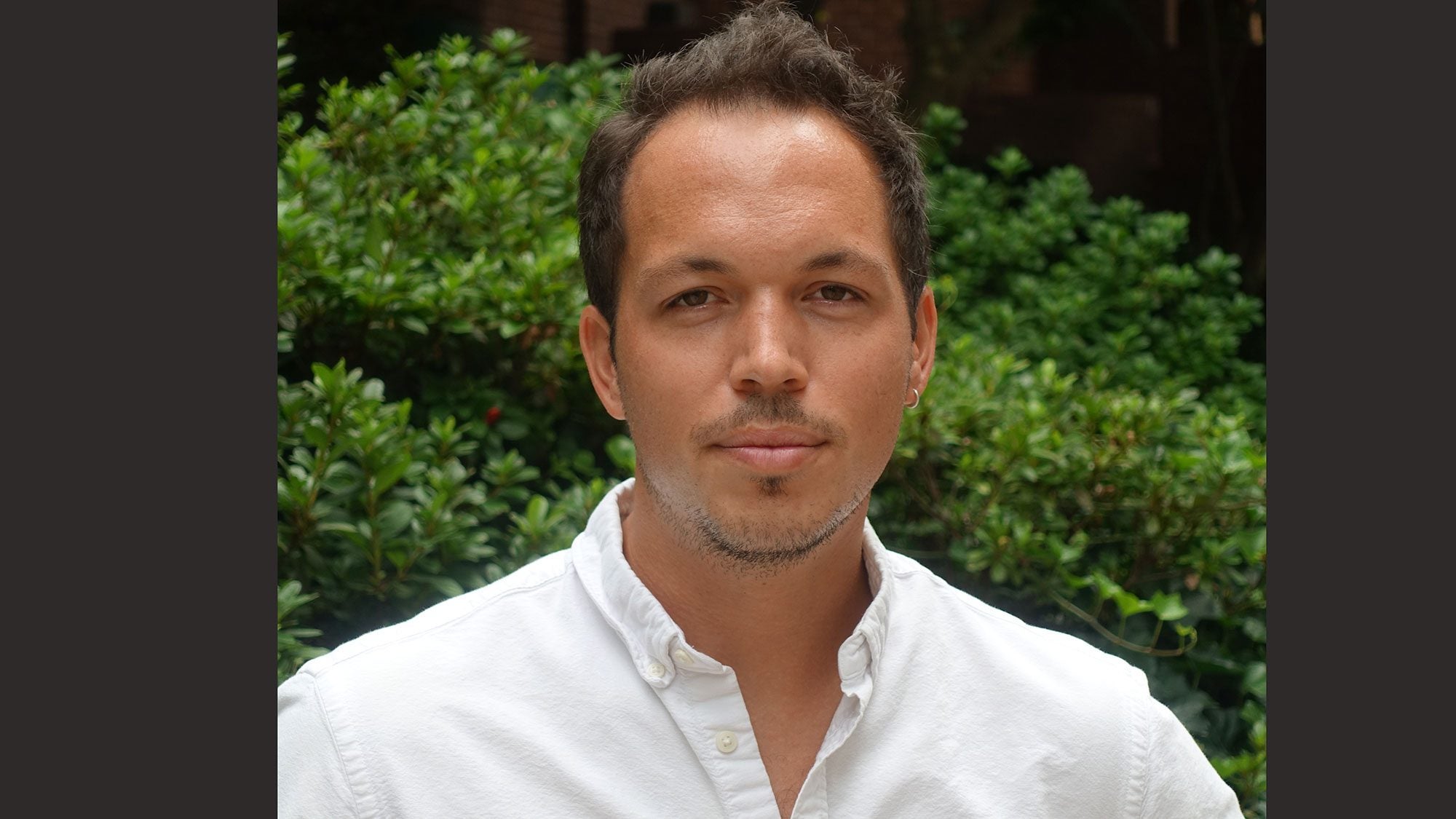I also talked about Monticello’s Getting Word Project, which archives the oral histories of descendants of Monticello’s enslaved community. After my panel, GU 272 descendant Jeremy Alexander approached me and told me about Professor Adam Rothman’s work with the Georgetown Slavery Archive. “We have got to get you to Georgetown,” Jeremy said.
As a graduate of a Jesuit high school who taught at three different Jesuit schools, I was already deeply interested in the Jesuit ties to slavery, their outreach to descendants and ongoing reconciliation and reparative justice efforts. I was fortunate enough to work on the Georgetown Slavery Archive with Professor Rothman and fellow doctoral candidate Elsa Barraza Mendoza at the end of my first year as a Ph.D. student.
Given my teaching background and my research interest in oral histories of descendants of enslaved people, Adam and Elsa encouraged me to analyze some of the archive’s primary sources to design lesson plans for high school teachers to use, and provided crucial support as I embarked on a collaborative oral history project with the African American Museum-St. Inigoes Mission and St. Peter Claver Catholic Church, a historically Black Catholic church in St. Inigoes, Maryland – where the Jesuits established their first plantations in the 18th Century.
I love teaching and talking to people about history, and I especially love listening to people talk about their own experiences and family histories, so the outreach arm of the Georgetown Slavery Archive has proven immensely beneficial to me as I continue to develop as a historian.
